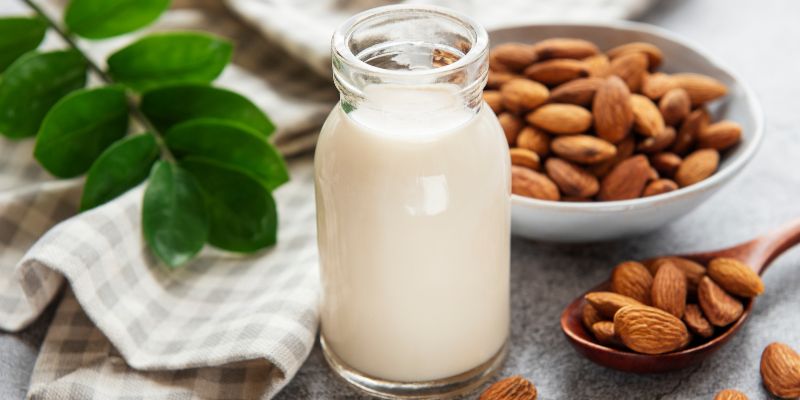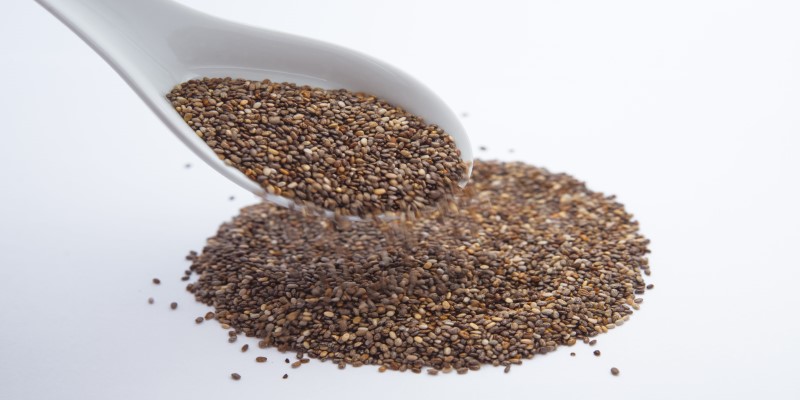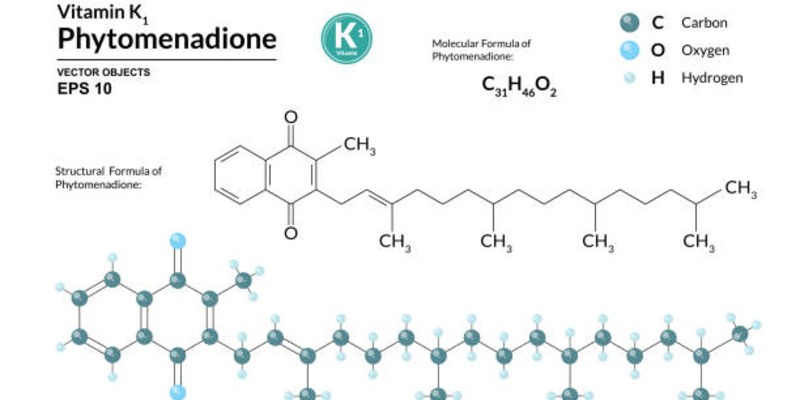
Vitamin K is an essential vitamin to maintain a healthy body and is critical for many biological functions. It's especially important for your immune system, playing an integral role in helping our defenses stay strong and combat illness-causing germs. Research has shown that Vitamin K helps to increase the number of certain kinds of white blood cells that defend against infection, allowing for better protection from illnesses such as colds and flu. As we continue learning more about how vital Vitamin K is when it comes to protecting our health, understanding the key role this nutrient plays in immunity provides immense value for those looking to invest in their future wellness. In this blog post, you'll discover why Vitamin K is so important in supporting proper immune functioning and start taking steps towards making sure your body gets the vital nutrition it needs!
Role of Vitamin K in the Immune System:
Immunity is a complex system that is responsible for defending the body against pathogens and preventing diseases. While most people have heard of immune-boosting vitamins like C and D, vitamin K is also an essential nutrient that plays a crucial role in maintaining a healthy immune system. Research has shown that vitamin K helps to regulate the production of immune cells, specifically lymphocytes and monocytes, which are vital in fighting infections and maintaining immune homeostasis.
Vitamin K also plays a role in preventing inflammation by inhibiting the production of pro-inflammatory cytokines and chemokines. While vitamin K can be found in many foods, it is essential to ensure that one's diet is rich in this nutrient to maintain a robust and functioning immune system.
Benefits of Vitamin K for Immunity:
Vitamin K is a crucial nutrient that plays a significant role in keeping our bodies healthy. Although it is commonly known for its ability to help with blood clotting, recent studies have revealed that it also has a significant impact on our immune system. Vitamin K helps activate certain proteins in our body responsible for fighting off infections and strengthening our immune response.
Studies have proven that people who include high levels of Vitamin K in their diet have a lower risk of respiratory tract infections, which are commonly brought about by the flu and other illnesses. It's essential to incorporate Vitamin K in our diets to support our immune system and keep our bodies healthy and strong.
Sources of Vitamin K and How to Increase Intake:
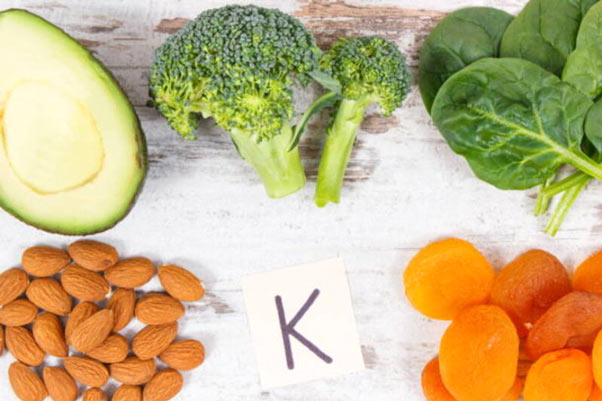
Vitamin K is a key nutrient responsible for blood clotting, bone health, and maintaining heart health. It is found in various food sources, including;
- Dark leafy greens
- Animal liver and meat
- Fermented foods
- Some fruits and vegetables
To increase your vitamin K intake, you can start by adding more leafy greens such as kale, spinach, and collard into your diet. Consider incorporating foods such as broccoli, Brussels sprouts, and edamame which are also rich in vitamin K. If you have difficulty meeting your daily requirements through food alone, vitamin K supplements are available in pill, chewable, and liquid forms. Just be sure to check with your healthcare provider before taking any supplements.
Identifying Rich Sources of Vitamin K:
Vitamin K1 (phylloquinone) is found in plants, while vitamin K2 (menaquinone) is found in animal-based foods and fermented foods. Some of the richest sources of vitamin K include;
- Kale: 0.5 cup provides 531% of the daily value
- Spinach: 0.5 cup provides 444% of the daily value
- Broccoli: 0.5 cup provides 110% of the daily value
- Brussels sprouts: 0.5 cup provides 109% of the daily value
- Animal liver: 3 ounces provide 100% of the daily value
Implementing Vitamin K into Your Everyday Meals:
Now that you know the benefits of vitamin K and where to find it, it's time to start incorporating it into your daily meals. Here are some easy and delicious ways to add more vitamin K into your diet:
- Make a spinach or kale smoothie for breakfast
- Add leafy greens to salads, sandwiches, and wraps
- Use broccoli, Brussels sprouts, and edamame in stir-fries
- Snack on fermented foods like sauerkraut or kimchi
Using Supplements to Boost Vitamin K Intake:
Although it's always best to get your nutrients from whole foods, sometimes it can be challenging to meet all of your daily requirements. In such cases, supplements can help bridge the gap and provide you with the necessary vitamins and minerals.
Vitamin K supplements are available in different forms, including tablets, capsules, and liquid drops. It is essential to consult with your healthcare provider before adding any supplements to your routine, as they will be able to advise you on the best dosage and form for your specific needs.
Essential Tips for Enhancing Dietary Vitamin K:
In addition to incorporating vitamin K-rich foods and supplements into your diet, there are a few other tips you can follow to ensure that this vital nutrient is effectively absorbed and utilized by your body. These include;
- Eating healthy fats: Vitamin K is a fat-soluble vitamin, meaning it needs dietary fat to be properly absorbed. Incorporate healthy sources of fat such as avocado, olive oil, nuts, and seeds into your meals.
- Pairing with vitamin D: Vitamin D works in synergy with vitamin K to promote healthy immune function. Consider getting some sunshine or adding a vitamin D supplement to your routine.
- Avoiding excessive alcohol intake: Alcohol can interfere with the absorption and storage of vitamin K. Limit your alcohol consumption for optimal nutrient absorption.
Vitamin K Deficiency and Its Connection to Poor Immunity:
Vitamin K is an essential nutrient that plays a significant role in blood clotting and bone metabolic activities. Recent studies have also highlighted its role in maintaining a healthy immune system. A deficiency in vitamin K can lead to compromised immunity, affecting the body's ability to fight off infections and diseases.
Without sufficient vitamin K, the body's immune cells cannot function properly, making us susceptible to various illnesses. So, it is crucial to maintain the optimal levels of vitamin K intake in our diet to stay healthy and protect ourselves from potential health risks. Adopting a balanced and nutritious diet can help us achieve this.
How to Incorporate Vitamin K into Your Diet?
Vitamin K is an essential nutrient that helps with blood clotting, bone health, and heart health. If you're looking to add more Vitamin K to your diet, there are plenty of natural sources to choose from. Leafy greens like spinach, kale, and collard greens are all good options.
You can also find Vitamin K in other vegetables like broccoli, Brussels sprouts, and asparagus. If you enjoy snacking, try adding some dried herbs like basil or thyme to your dishes. Fermented foods like sauerkraut and natto are also excellent sources of Vitamin K.
Creating a Healthy Balance with Other Vitamins and Minerals:
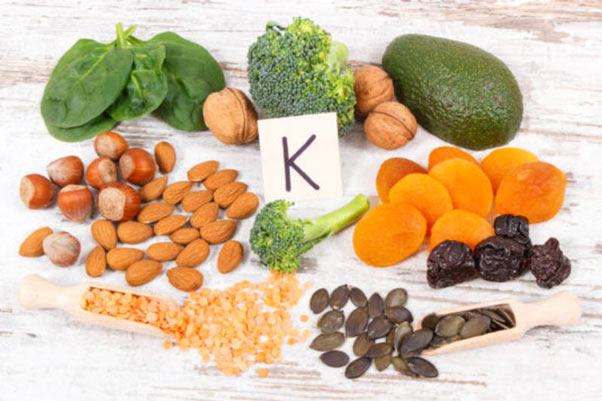
Our bodies require a well-rounded mix of nutrients to thrive. Although we tend to discuss certain vitamins and minerals in isolation, they work together in a complex and endlessly fascinating symbiotic relationship. This is why it is important to ensure we are getting a healthy balance of all the essentials.
For example, vitamin D helps our bodies absorb calcium, while magnesium aids in calcium's proper use. Each vitamin and mineral plays a unique role in maintaining our physical and mental health, and they are most effective when consumed as a collective unit. By prioritizing a variety of nutrient-rich foods and a balanced diet, we can create a foundation for a healthy and fulfilling life.
Conclusion:
As we have seen, Vitamin K can greatly aid the immune system in multiple ways. It helps to activate proteins that protect against preventable diseases and helps our bodies fight off infections quickly and effectively. Adding Vitamin K to our diets via vegetable-based sources or dietary supplements provides the body with ample opportunity to support its immunity and staying healthy.
